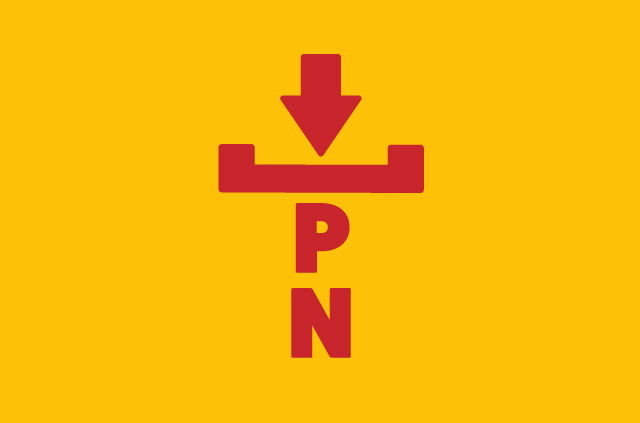If you’re going to torrent, you need a VPN.
The very premise of torrenting has become ingrained in internet culture. Ever since the waning days of Napster back in the late 90s, media junkies from around the world have been downloading and sharing content online.
According to vpnMentor, torrents account for roughly 6% of all internet traffic on a given day. However, with rigorous lawsuits and ridiculous litigations thrown down at a select few downloaders, it’s important that before you torrent, you protect your network.
That’s why you need a VPN.
What are torrents?
Though piracy grabs the headlines, torrents are classified as any media file and there are vast quantities of legal files out there. This could include movie files, music files, image files, video game files, and more. Torrents are commonly held on community websites, which means a user needs to sign up in order to download.
Most torrenting programs rely on peer-to-peer networking (P2P) for users to share and download content. While this helps facilitate faster (and easier) torrents, it also means a user’s IP address is exposed, which is just one of many reasons why using a VPN for torrenting is so essential.
How can a VPN help you torrent
Because a VPN masks your IP address, users can torrent with a much-needed layer of anonymity. That means you can download, seed, and post without having to expose your location.
Another reason to use VPNs is to help avoid potential copyright notices. The entertainment industry has spent millions cracking down on torrents, and are known to randomly send users Digital Millennium Copyright Act (DMCA) takedown notices, which could result in a fine.
What to look for in a VPN for torrenting
Of course, not every VPN supports torrenting, so it’s worth checking first to see which services are worth using. Here’s what to look for in a VPN:
- If they support torrents: Because VPNs take the blame of torrenting off the user, not every service allows this. An easy way to check to see whether a VPN supports torrents or not is to check if they offer P2P filesharing. If they do, you can rest assured that you can use it to torrent.
- Download speeds: Another key feature to look for in a torrenting VPN is their download speeds. Because torrenting is such a lengthy process, using a VPN service that slows or stalls your network won’t really help all that much. Instead, check for VPN providers that offers numerous VPN servers and use OpenVPN protocol, which is the safest and fastest protocol for streaming and downloading.
- Privacy policy: Last but not least, make sure the VPN is actually anonymous. A quick way to differentiate private VPNs from public ones is to see if they host their own VPN servers. Most free VPNs use public servers, which means your browsing logs are not only recorded, they’re often sold for profit. Subscription-based VPN services host their own server networks, which in turn allows them to offer an anonymous browsing experience for their users.
Want more information on VPNs? Check out our guide see if your VPN is legitimate.


Recent Comments